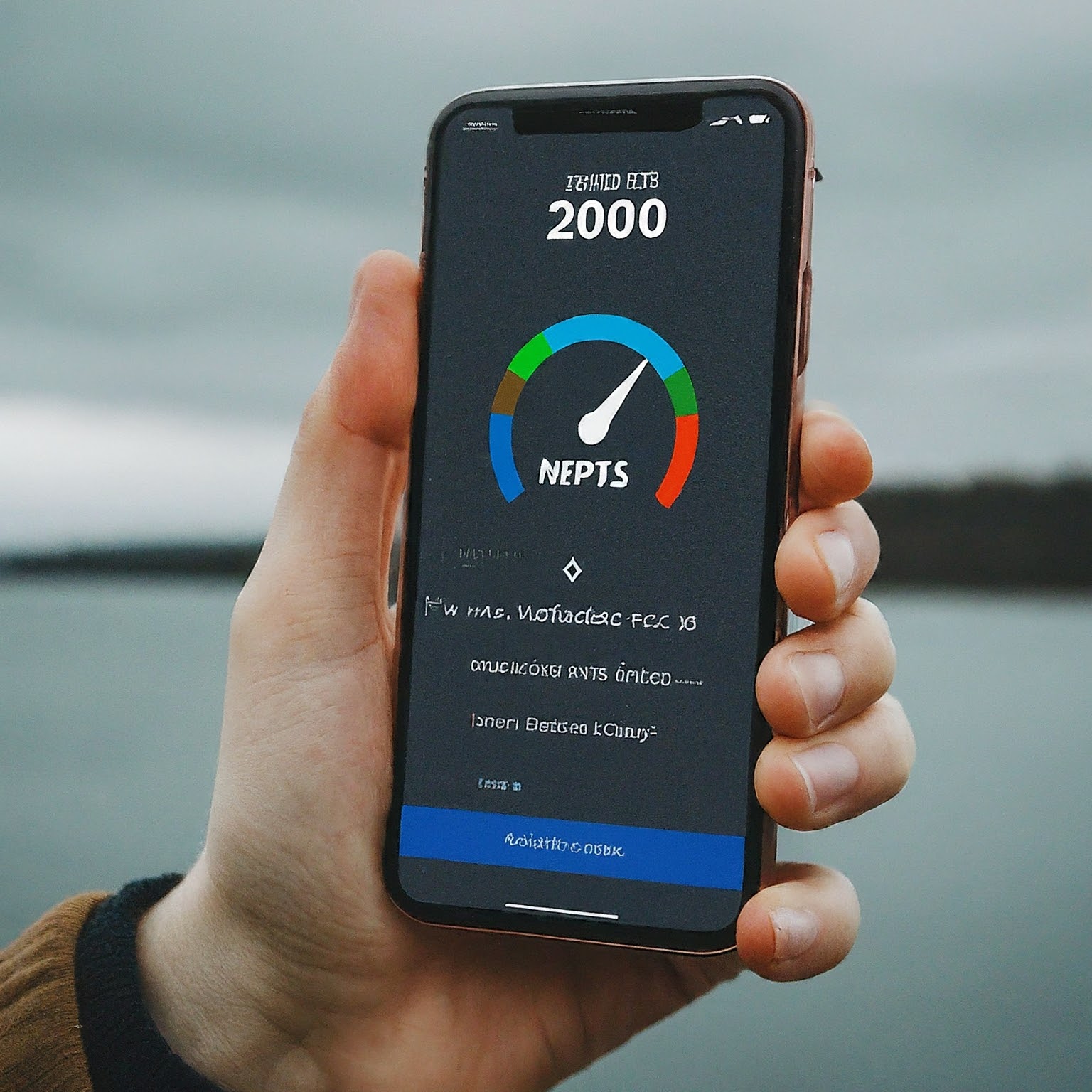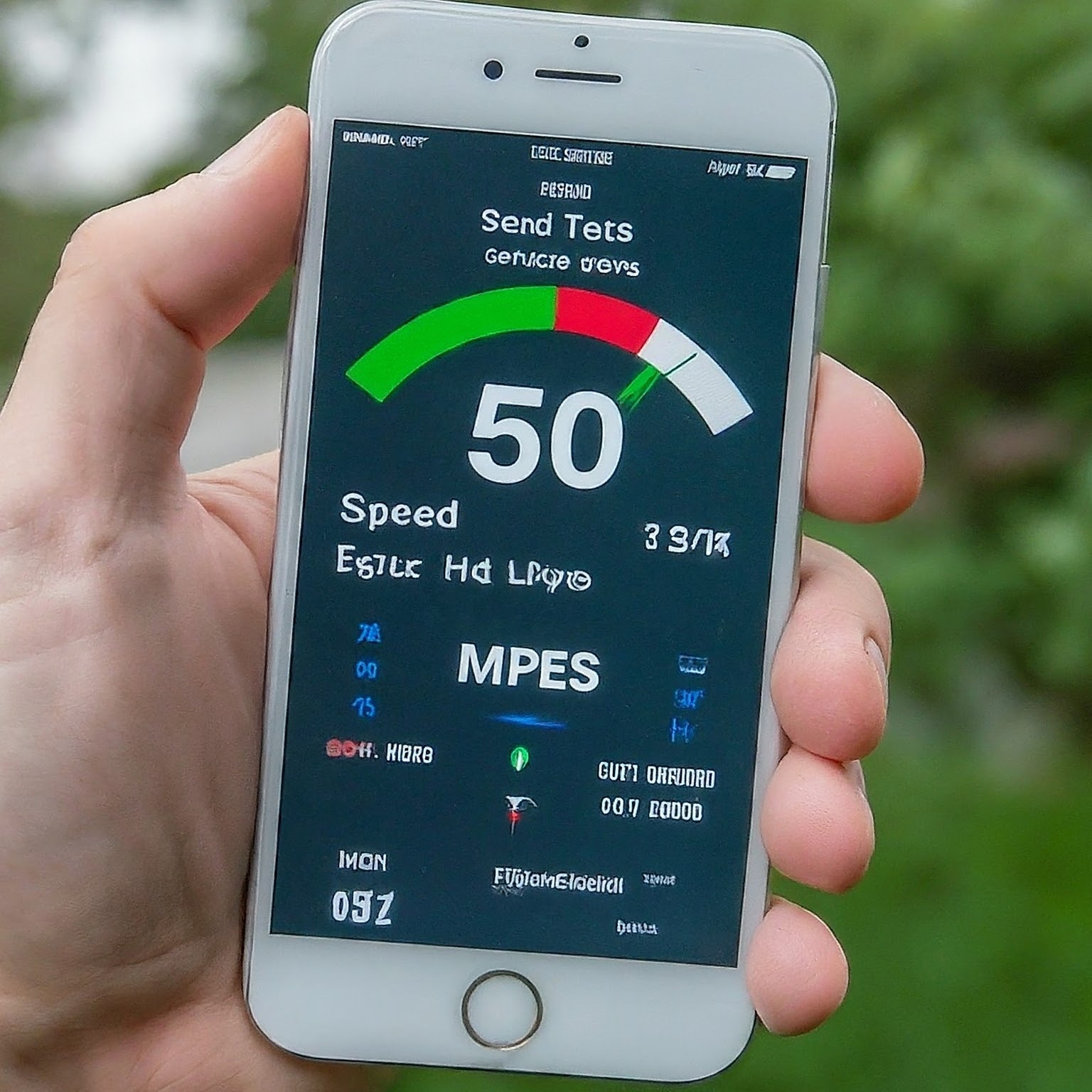In today’s digital age, a fast and reliable internet connection is essential for both personal and professional life. Whether you’re streaming videos, downloading large files, or engaging in online gaming, a slow internet connection can be frustrating. To optimize your online experience, understanding your speed check results is crucial. This article delves into the world of speed checks, explaining how they work, what factors influence your internet speed, and how to improve it.

What is a Speed Check?
A speed check is a diagnostic tool that measures the performance of your internet connection. It evaluates two primary metrics:
- Download speed: This indicates how quickly data can be transferred from the internet to your device.
- Upload speed: This measures how fast data can be sent from your device to the internet.
By conducting a speed check, you can assess whether your internet service provider (ISP) is delivering the promised speeds and identify potential issues affecting your connection.
How Does a Speed Check Work?
To perform a speed check, you typically visit a dedicated website or use a mobile app. These platforms utilize a series of data transfers to calculate your download and upload speeds. The process involves:
- Initiating the test: Click the “start” or “begin test” button on the speed check website or app.
- Data transfer: The platform sends data to your device to measure download speed and then sends data from your device to measure upload speed.
- Result display: Once the test is complete, the platform displays your download and upload speeds in megabits per second (Mbps).
Factors Affecting Internet Speed
Several factors can influence your speed check results and overall internet performance:
- Internet plan: Your ISP’s advertised speed is the maximum potential speed you can achieve. However, actual speeds may vary due to network congestion and other factors.
- Wi-Fi network: Wireless connections are generally slower than wired connections. Factors like router placement, interference from other devices, and the number of connected devices can impact your speed.
- ISP infrastructure: The quality of your ISP’s network infrastructure, including the condition of cables and servers, can affect your connection speed.
- Time of day: Network congestion is often higher during peak usage times (e.g., evenings and weekends), leading to slower speeds.
- Device capabilities: The capabilities of your device, such as its Wi-Fi adapter or Ethernet port, can also influence your internet speed.
Interpreting Speed Check Results
Understanding what your speed check results mean is essential for troubleshooting and optimizing your internet connection. Here’s a general guideline:
- Download speed:
- Less than 25 Mbps: Suitable for basic internet browsing and email.
- 25-50 Mbps: Sufficient for streaming standard-definition video and online gaming.
- 50-100 Mbps: Ideal for streaming high-definition video and multiple simultaneous streams.
- 100 Mbps or higher: Recommended for ultra-high-definition (4K) video streaming, online gaming, and large file downloads.
- Upload speed:
- 3-5 Mbps: Adequate for basic online activities and video conferencing.
- 10-25 Mbps: Suitable for file sharing and online collaboration.
- 25 Mbps or higher: Recommended for live streaming, video conferencing with multiple participants, and online backups.
Improving Your Internet Speed
If your speed check results are below your expectations, several steps can be taken to improve your internet speed:
- Restart your modem and router: This can resolve temporary connection issues.
- Optimize your Wi-Fi network: Ensure your router is placed in a central location, free from obstructions. Consider using a Wi-Fi extender or mesh network for better coverage.
- Reduce network congestion: Limit the number of devices connected to your Wi-Fi network and avoid bandwidth-intensive activities during peak times.
- Check for malware: Malware can slow down your internet connection. Run a scan to remove any malicious software.
- Contact your ISP: If you’ve tried the above steps and are still experiencing slow speeds, contact your ISP to troubleshoot the issue.

Conclusion
Regularly conducting speed checks is essential for maintaining optimal internet performance. By understanding the factors influencing your internet speed and taking steps to improve it, you can enjoy a faster and more reliable online experience. Remember that your specific needs and online activities will determine the ideal speed for you.